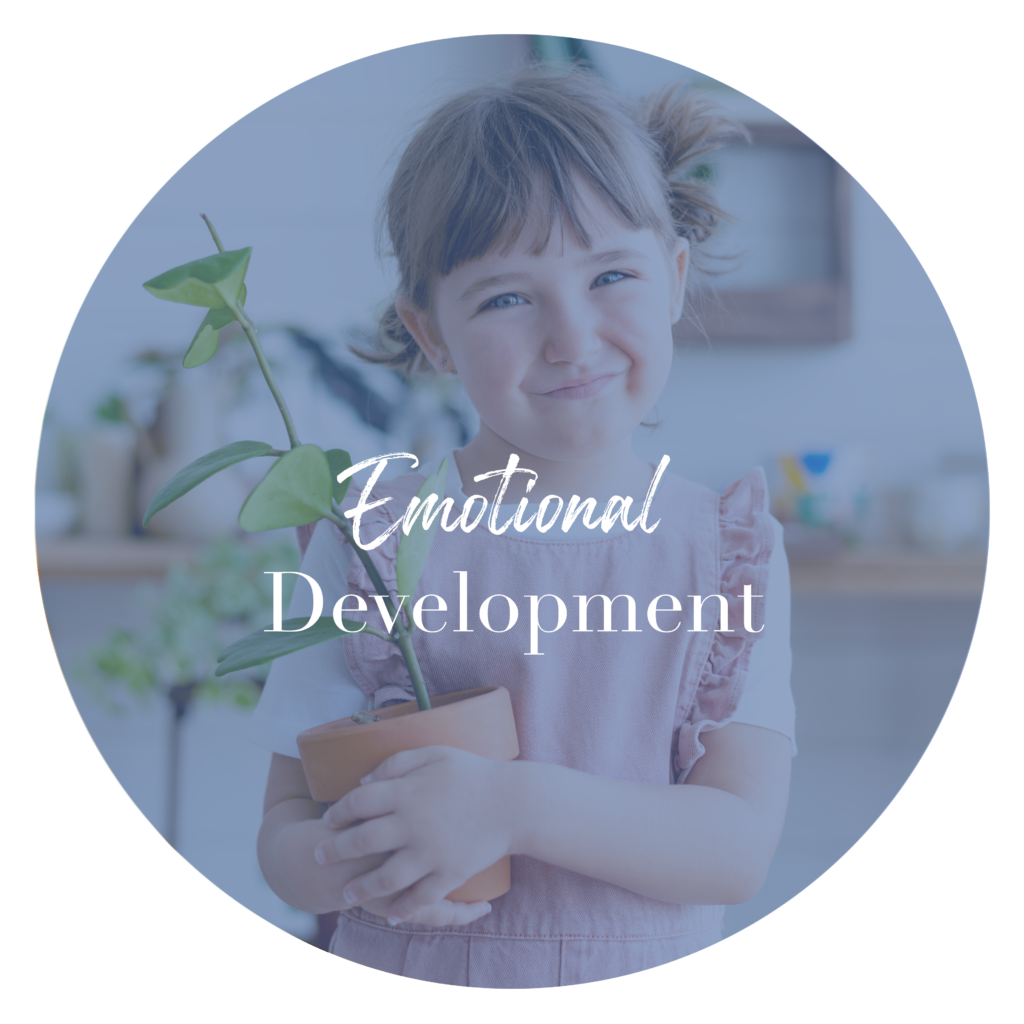School Psychology Blog WolfeWisdom.ca
Devon Wolfe BEd Special Education, MSc School Psychology, Cert. Addictions Studies
BELONGING GROWS LIKE A SEED
Feelings of Belonging grow like a seed. First we Belong to a person, we Belong to a family, to a Creator. We belong to this place, these surroundings, this climate. We Belong in activities – inside, ethnic activities, in language, in family roles, in family traditions. When we Belong to someone somewhere, we can feel Belonging. We can know what Belonging feels like. Our capacity to feel like we Belong grows from the inside out like Richard Wagamese (2016) said, “Nothing ever grew from the outside in.” So, like a seed, feelings of Belonging need the right growing conditions. Seeds don’t germinate, just because they’re seeds.
Disruption to the germination of Belonging creates the struggle to feel like I Belong. Attachment relationships provide the necessary growing conditions for a sense of Belonging. In other words, Attachment relationships need protection and good maintenance. This means infants and toddlers need committed caregivers, not perfect caregivers, but committed caregivers, to provide the continuity of Attachment so Belonging can sprout and grow.
Many of us are not lucky enough to have two dedicated caregivers, but most of us have lots of great people around us. Yet, it’s significant, that our birth parents are never entirely out of the picture, even if we don’t know where they are or who they are. In fact, if our birth mother or father is missing from our life, we wonder MORE. Would they love me if they knew me now? What was my mother like? What did my father accomplish in his life? We wonder a lot about our parents because this is where our Belonging begins in the most personal way.
WHAT DOES BELONGING LOOK LIKE?
At home, sufficient Belonging looks like kids dressing like their parents. Kids will often walk like their parents, use the same gestures or expressions, choose the same favorite color, and love the same food. Teens, who are well Attached to their father, want to do what Dad does. Teens get interested in Dad’s line of work, his hobbies, interests, and the books he reads, or the heroes he admires. When children and teens feel their Belonging in their family, they are easier to talk to, engage in chores, and inspire to be interested in the trades, Arts, or careers they see around them.
Whether we know it or not, schools are called on to promote Belonging with children and teens, who already have a baseline setting of Belonging, they bring from home. So, the questions become; What is this student’s capacity for feeling like they Belong? How can teachers and schools promote feelings of Belonging in this individual student and in this unique school setting?
Teachers need to think deeply about how to propagate feelings of Belonging through Attachment relationships. Because, teachers know – these are not my kids. These are someone else’s kids, or older kids, or disconnected kids. So yes, the ongoing goal is to protect Attachment at school, then Belonging can grow.
Belonging shows up, when kids listen to what teachers say, care what we think, maybe talk like us, repeat our words, and follow our directions. This indicates they are open to our interpretation of the world.
BELONGING ROOTS MENTAL HEALTH
And why I spend so much effort in supporting Belonging? Because Belonging roots mental health. In other words, mental health requires the foundation of BELONGING, to then BE an authentic self, and grow to BECOME even more. The grand developmental plan is BELONG to BE to BECOME. Plus there is more! Belonging grows loyalty. Loyalty is powerful for raising kids to be wonderful adults because Belonging is sustained by feelings of loyalty to live by the values and beliefs of the adults, that kids look up to.
But there is still more!! Belonging and loyalty create feelings of significance, and significance protects kids from looking for love in all the wrong places. Said another way; feelings of significance protect kids from looking for significance in all the wrong places. We all have a basic emotional need for significance. This is the feeling of being important to myself AND to others. When significance is satisfied at home and school, kids adopt the beliefs and values of the responsible, caring adults around them.
In fact, with sufficient feelings of Belonging, Loyalty, and Significance – kids will know what is right and want to do what is right. Kids have a moral compass, even in new situations or tempting situations, because kids have an adult role model of their future self. Kids can look to future and think about what they want to be and what they don’t want. This protects kids so they can navigate larger contacts like schools and communities. All kids must sort out; am I a victim, or a victor, a bystander, an advocate, a leader, a follower? I mean, think about all the peer groups, good and not-so-good, which kids could identify with even before they leave Middle School? or High School?
There is a grand developmental plan for human emotions to sprout from BELONGING through Attachment with competent adults, to then BEING authentic in emotions / thoughts /actions, and BECOMING an active citizen with more to contribute.
Richard Wagamese speaks directly to this grand plan when he says “I am not alone here. I sit with my ancestors. We are born into relationship with all things.” I highly recommend the writings of Richard Wagamese and also a book by Toko-pa Turner for further reading about Belonging.
I invite you to please comment and question any of the ideas that I present. I learn from all the feedback I get.
I believe our presence is powerful in the life of a child because we cannot grow up for our kids, but they cannot grow up without us. Emotional Development – I love this topic.
REFERENCES
Turner, T. (2017). Belonging: Remembering Ourselves Home. Salt Spring Island, BC: Her Own Room Press.
Wagamese, R. (2016). Embers: One Ojibway’s Meditations. Madeira Park, BC: Douglas and MacIntyre








